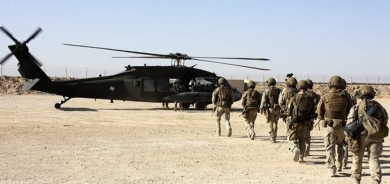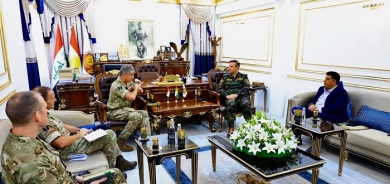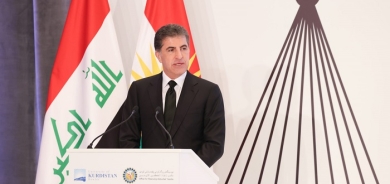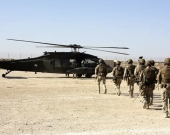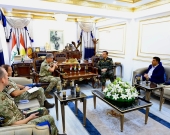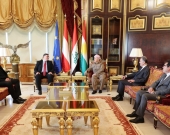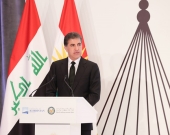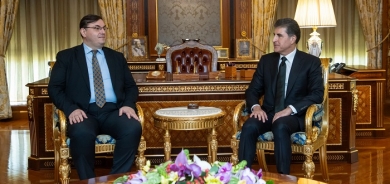Iran nuclear talks: Zarif returns to Vienna on deadline day

Mohammad Javad Zarif is accompanied by the head of Iran's atomic energy agency and President Hassan Rouhani's brother.
All parties to the talks say they do not expect to reach a deal by the time the self-imposed deadline expires.
They stress that much has already been achieved, but a BBC correspondent says success remains far from certain.
The so-called P5+1 - the US, UK, France, China and Russia plus Germany - want Iran to scale back its sensitive nuclear activities to ensure that it cannot build a nuclear weapon.
Iran, which wants international sanctions lifted in exchange, insists that its nuclear work is peaceful.
'Bottom lines'
Iranian officials said a plane carrying Mr Zarif, Atomic Energy Organisation of Iran (AEOI) chief Ali Akbar Salehi and Hossein Fereidoun, President Rouhani's younger brother and special adviser, landed in Vienna on Tuesday morning.
The presence of Mr Salehi was a sign of Iran's serious desire to accelerate the negotiations and achieve a comprehensive deal, Iran's state news agency Irna said.
Iran's top technical expert, the MIT-educated nuclear physicist had been prevented from attending the latest round of talks for health reasons.
Before meeting US Secretary of State John Kerry on Tuesday morning, Mr Zarif told reporters: "I think the negotiations have reached a very delicate stage. We can make progress, but this will require political will - and a lot of work needs to be done at this stage."
"I am here to get a final deal and I think we can," he added.
The BBC's James Robbins in Vienna reports that foreign ministers of other P5+1 powers are expected to join the talks at different points later this week.
The deadline has slipped by a few days, perhaps even eight or nine, our correspondent says.
US President Barack Obama has until 9 July to submit details of a final accord to Congress, triggering a 30-day review period before it could be signed and any US sanctions waived. If a deal is submitted after 9 July, the review period will be doubled to 60 days.
Our correspondent says the emphasis from diplomats in Vienna is on the extraordinary amount already achieved, balanced by caution over the absolute precision required.
Success in these talks remains far from certain, he adds.
On Monday, the US warned that a framework deal agreed in Switzerland in April had to remain the basis for a comprehensive agreement, after Iran's Supreme Leader Ayatollah Ali Khamenei rejected key demands of the P5+1 in a speech a week ago.
"We do see a path forward to get a comprehensive agreement that meets our bottom lines," a senior US official in Vienna told reporters.
"This path forward has to be based on the Lausanne parameters. Period."
Ayatollah Khamenei, who has final say on all state matters, insisted Iran would only dismantle its nuclear infrastructure if sanctions that have crippled Iran's economy were lifted first. He also ruled out a freeze on research and development for 10 years, as well as inspections of military sites.
BBC


